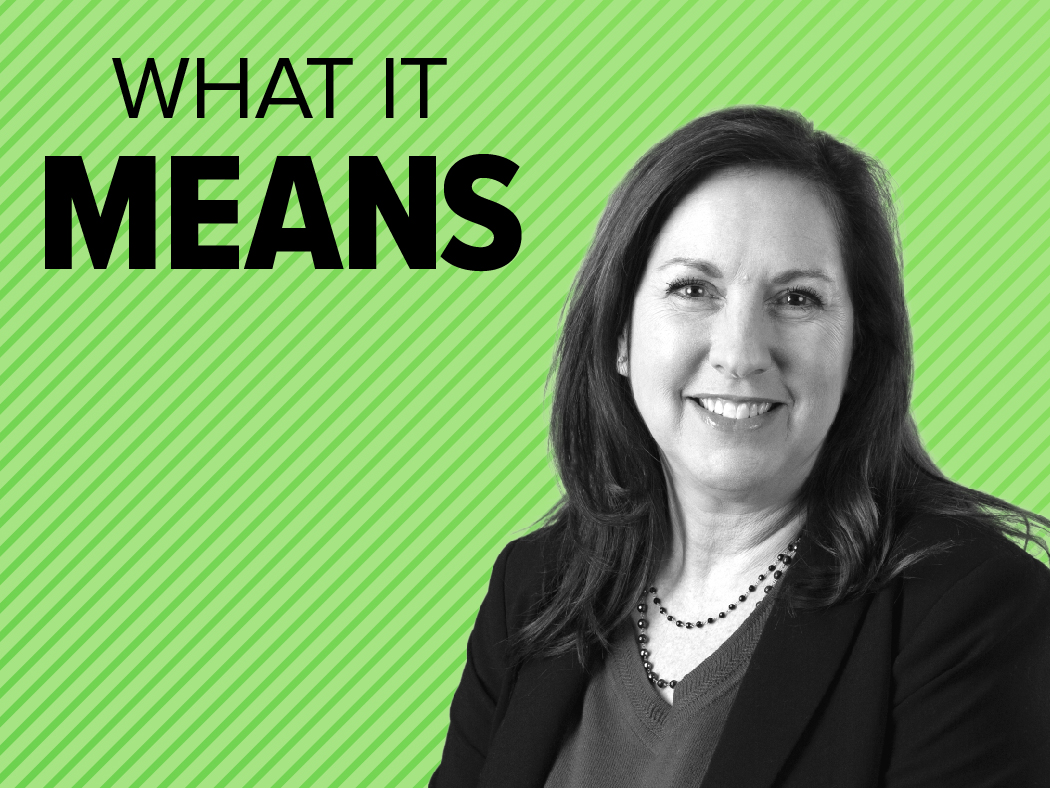Featuring:
Barbara Winters, VP, Principal Analyst
Show Notes:
The balance of power has shifted in B2B buying. Sixty-four percent of today’s business buyers were born after 1980 according to Forrester’s most recent Buyers’ Journey Survey. The ways in which younger buyers approach the purchase process have significant implications for vendors, says VP and Principal Analyst Barbara Winters. On this episode of What It Means, she breaks down the key differences between older and younger business buyers and shares advice for B2B companies.
Winters starts by explaining what distinguishes younger buyers. First and foremost, they’re digital natives, comfortable seeking information online and on their own before they talk with a vendor. They also are thorough, with more touchpoints on average in their journey to a purchase (e.g., reading websites, talking with a salesperson) compared to older buyers.
Younger buyers also are more likely to turn to information sources not controlled by vendors, such as technology websites and industry forums, Winters notes. To take some control, she says, ensure that “your influencer marketing components are … strongly aligned to all of your messaging and what you know about how you know your buyers go through their journeys.” For example, if buyers are visiting technology information websites, look to provide syndicated content on those sites. If buyers visit certain forums, try to be a part of those conversations.
It would be a mistake, Winters notes, to assume that younger buyers won’t visit your website or that they don’t value human interaction in the buying process. Buyers will visit your site as they get closer to purchasing, she says — so understand what they’ll look for and make the information easy to find. In terms of interactions with vendors, younger buyers value them about as much as older buyers do but seek them out later in the process. Younger buyers also tend to be more critical of the quality of human interactions than their older peers: Winters cites Forrester survey data showing that sellers’ competence shown during the buying process and relationships with sales reps are key points of dissatisfaction among younger buyers.
“As providers, we need to think about providing a better experience,” she says. “We need to make sure that … sellers can make the right connections with the buyers and that we’re carefully planning our buyer journeys so that we’re anticipating [buyers’] needs.”
Later in the episode, Winters discusses how younger buyers are impacting routes to market and the implications for companies. Stay tuned until the end of the episode to hear her prediction for the future of B2B buying.




